The impact of stories on readers, viewers, and gamers is surprisingly intense. From encouraging people to try something new in their daily lives, to seeing their own lives represented on screen or in the pages of a book. This can’t be better illustrated than in the Disney animated TV series The Owl House.
In a story told through three seasons, viewers watch as troubled teenager Luz Noceda embarks on a journey that not only leads her to embrace herself, but illustrates the beauty of diversity, finding family, and growing up.
As the final three special episodes of The Owl House have aired over the past several months, fans around the world have come together, watching as the quirky cast of characters overcame evil and found comfort in each other. The rich story tugs at the heartstrings for its raw humanity and a message so many people need to hear — You aren’t alone, and you can do this.
What makes The Owl House special?

Everyone has a story that has left a mark on their heart. Whether it was picking up Harry Potter for the first time or battling Heartless as Sora in Kingdom Hearts, narratives offer a chance for connection, representation, and imagination. The storyline of any book, TV show, or video game is a special place where we can lose ourselves, or imagine ourselves, in ways that hardly seem possible going through our daily lives.
However, The Owl House takes this place of escape and turns it into a mirror, reflecting important messages to the audience. The show depicts difficult topics like grief, self-doubt, and emotional insecurity in a way that invites viewers to be a part of the journey, using the raw emotions of the main characters and their conversations to depict the resolution or navigation of these struggles.
Because of this, The Owl House fans can see themselves in Luz, Eda, King, Amity, Gus, Willow, and Hunter. They identify with what it’s like to be different, to live in a different style of family, to be Queer, to be in a multilingual household, and to need help. Every time the characters take a step toward accepting themselves they achieve new goals, rewarding the audience who connects with them.
Eda, Luz, and King define a modern Hero’s Journey

Most everyone likely remembers talking about “the hero’s journey’ in their high school English classes. It came with a list of the unlikely hero, his struggles, battles, and triumphs. It probably ended with a viewing of Star Wars and an essay on Luke Skywalker.
While this depiction is a solid example, it’s also woefully outdated and doesn’t include a large percentage of people who exist in this world. However, The Owl House redefines the hero’s journey in three different characters.
Luz Noceda is a Dominican-American teen who regularly speaks Spanish. She is bisexual, and at the start of the show, is struggling with self-acceptance. After finding herself in trouble at school, her mother attempts to send her to a correctional summer camp in hopes of helping her fit in. However, instead of going to camp, Luz finds a magical portal to The Boiling Isles, where she befriends the witch Eda The Owl Lady, and her adopted son King.
The Owl House shows Luz’s journey to self-acceptance through a series of struggles, with the final episode of Season Three bringing her to the major question, “Will you choose yourself?” when she is asked to save the world. Upon truly accepting herself as she is, she is finally able to move forward with her grief and peruse what she wants — to protect the family that accepts and understands her.
Eda the Owl Lady has a similar arc, battling with a “curse” that impacts her daily life. This curse, which likely resonates with anyone who battles physical or mental illness, prevents her from trusting herself. However, throughout the story, she embraces who she is, comes to understand the curse, and learns to let people in even when she feels vulnerable.
Related: Nintendo Switch Online still needs its killer app — classic Pokémon Game Boy titles
King is a child orphaned at a young age, who struggles to understand his identity in his adopted family. However, throughout the story, he stops looking for the family he lost and embraces the people who have always been there taking care of him. This leads to the unlocking of his inner powers, as well as security in knowing he is loved and cared for.
The Owl House character journeys are all part of a whole, with each using their newfound strength together. The metaphor implies that your journey to self-acceptance is key, and your community and family make you stronger. Their triumph is shockingly refreshing in a time when so many games and stories depict a lone hero who is mentally broken down and shredded apart throughout each major plot point.
Video Games Could Embrace The Owl House’s Narrative

In an era of open worlds and hyper-realistic graphics, it is easy for games to blend together. More and more games are using a self-insert character that players can visually customize, and even more are relying on quest-based open-world structures that can sometimes feel hollow. While these types of games can offer immersion when stepping into the shoes of the respective hero, the games don’t leave the same sort of impact that Cloud’s journey in Final Fantasy 7 did.
However, when reaching back and replaying games from previous decades, many are finding that even the well-loved heroes of the past lack inclusion and humanity that can reach the wide, multi-faceted gaming community that exists today.
Because of this, video game writers need to look at the narrative direction of shows like The Owl House. Instead of fueling characters with loss or rage to give them purpose, or even leaving the main character’s backstory completely blank, these characters should have depth. Narrative arcs should include triumphs and human moments of success, offering players the ability to connect to the humanity of the story they are stepping into.
The Owl House rewards its characters with joy instead of loss and offers the viewers triumph instead of grief. In bringing this to the video game world, fans would have an opportunity to connect with characters on a new level, and experience stories that are so much more than another tragic Marvel spin-off or anguished Star Wars drama. Joy can be more profoundly impactful than pain, and the response The Owl House has received from viewers drives just how desired this change is.
While the dark and gritty battles of a lone wolf in a harsh world can provide the premise for a story, it would be amazing to dive into a complex, emotionally driven narrative about a character who overcomes darkness, and embraces a community of heroes instead of shouldering the weight of the world on their bloodied back.


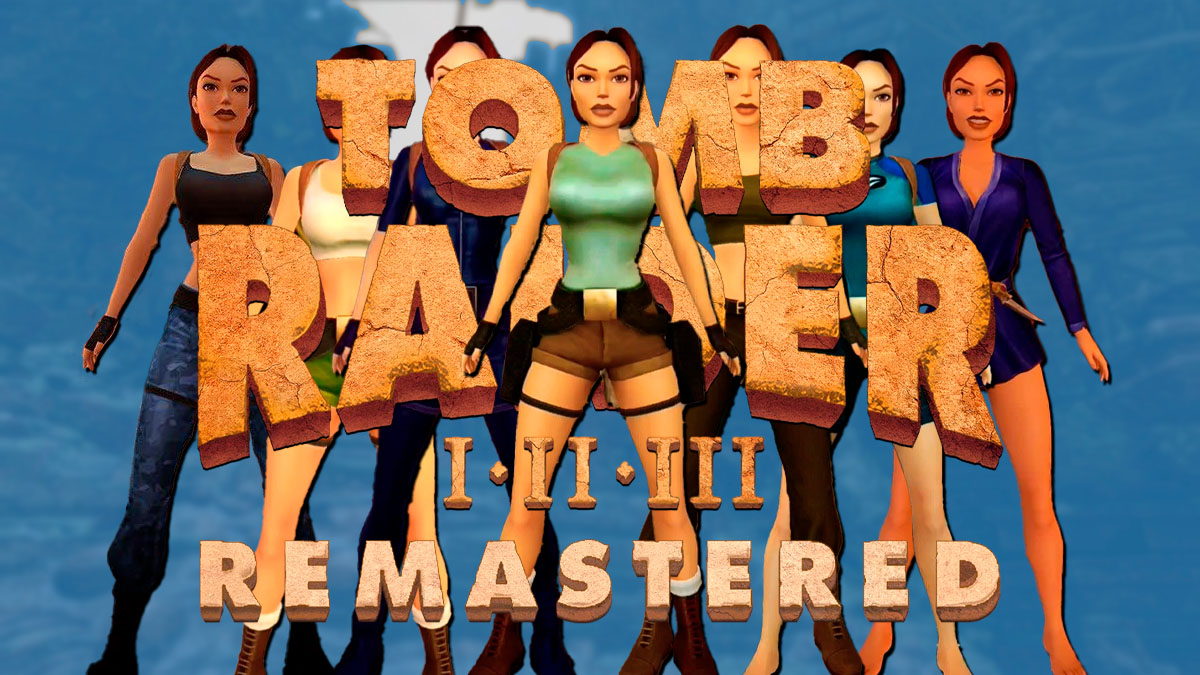
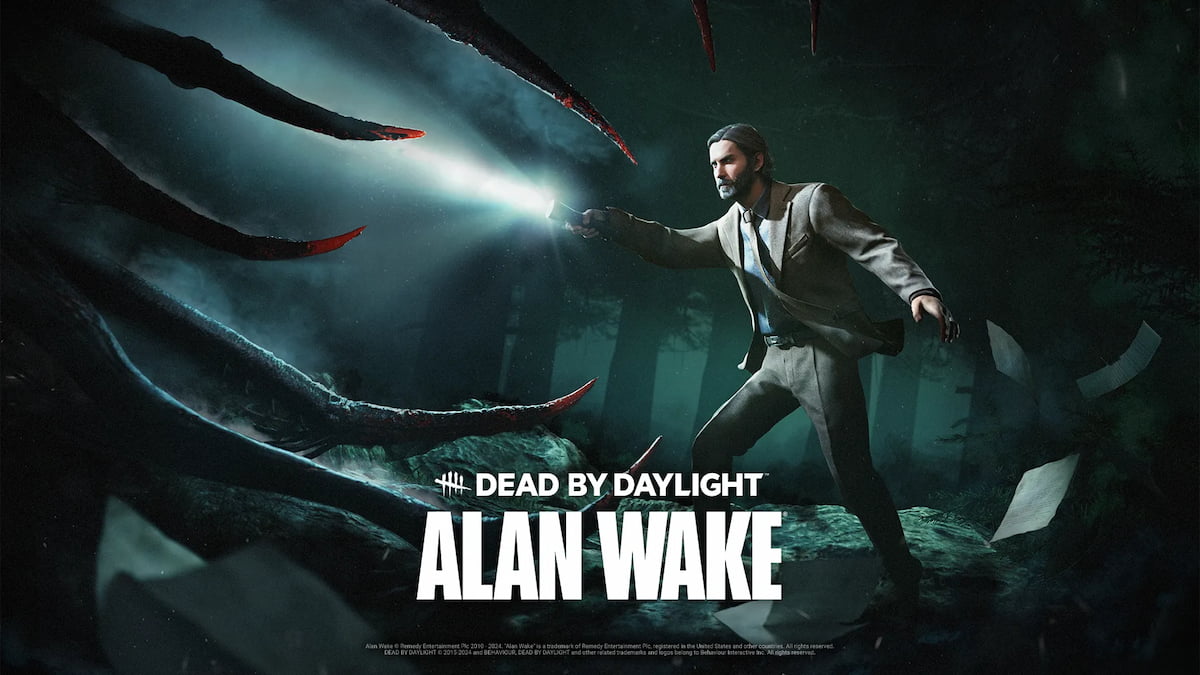
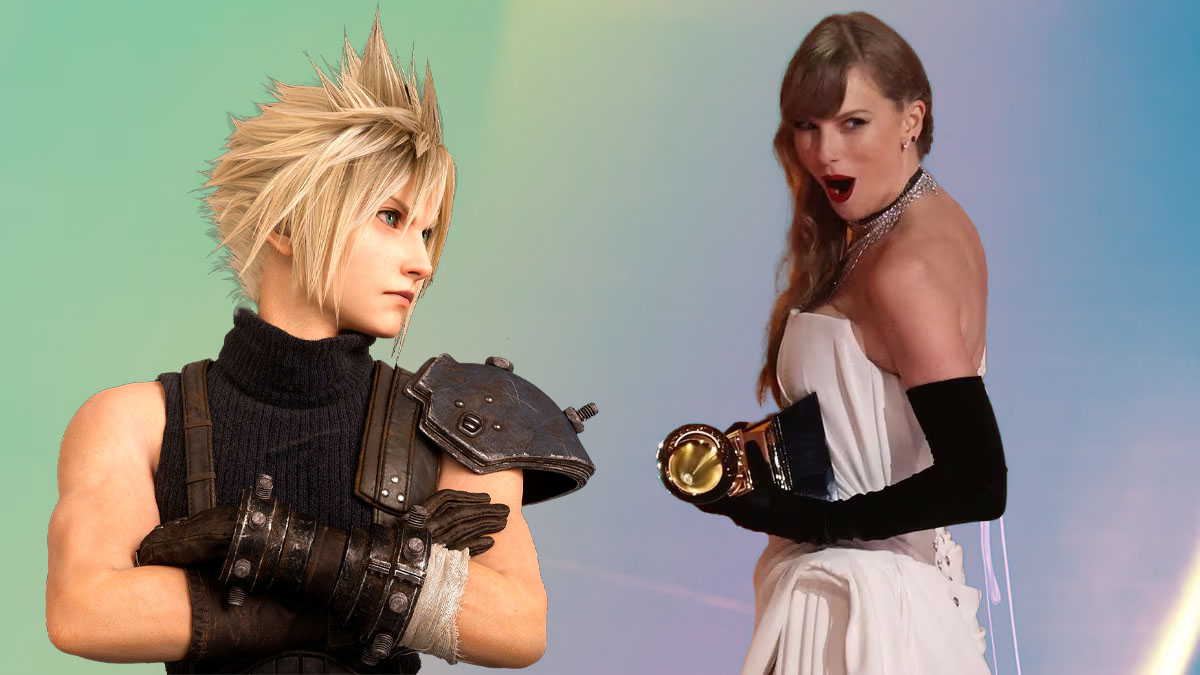

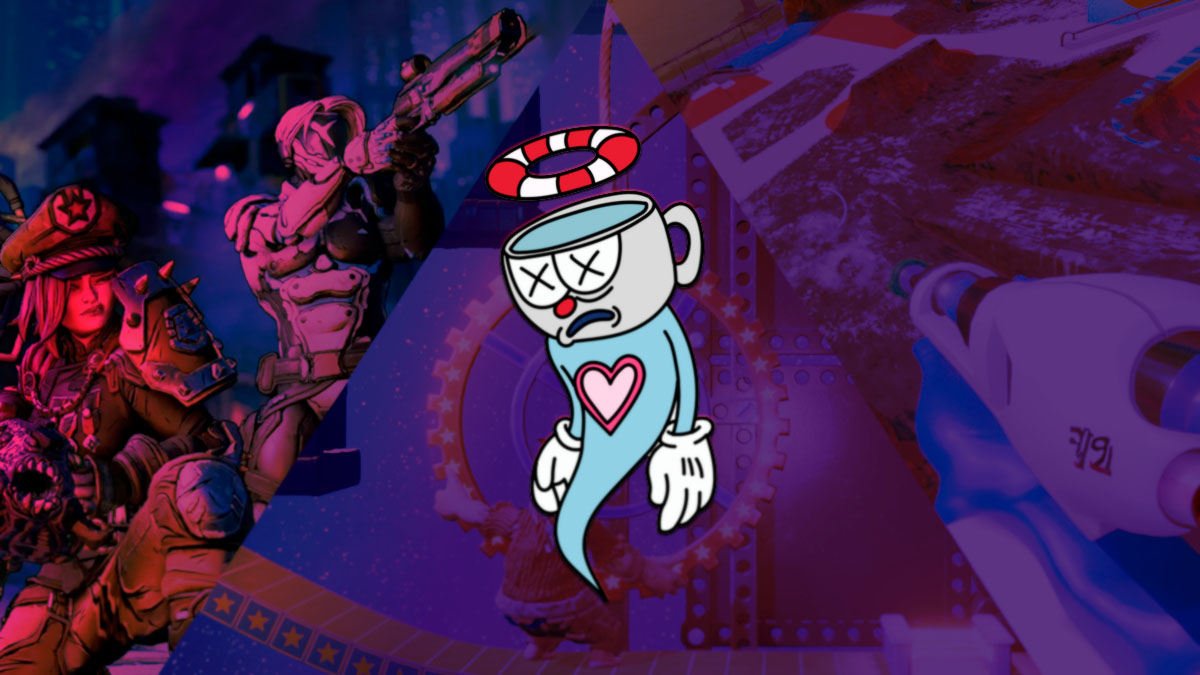
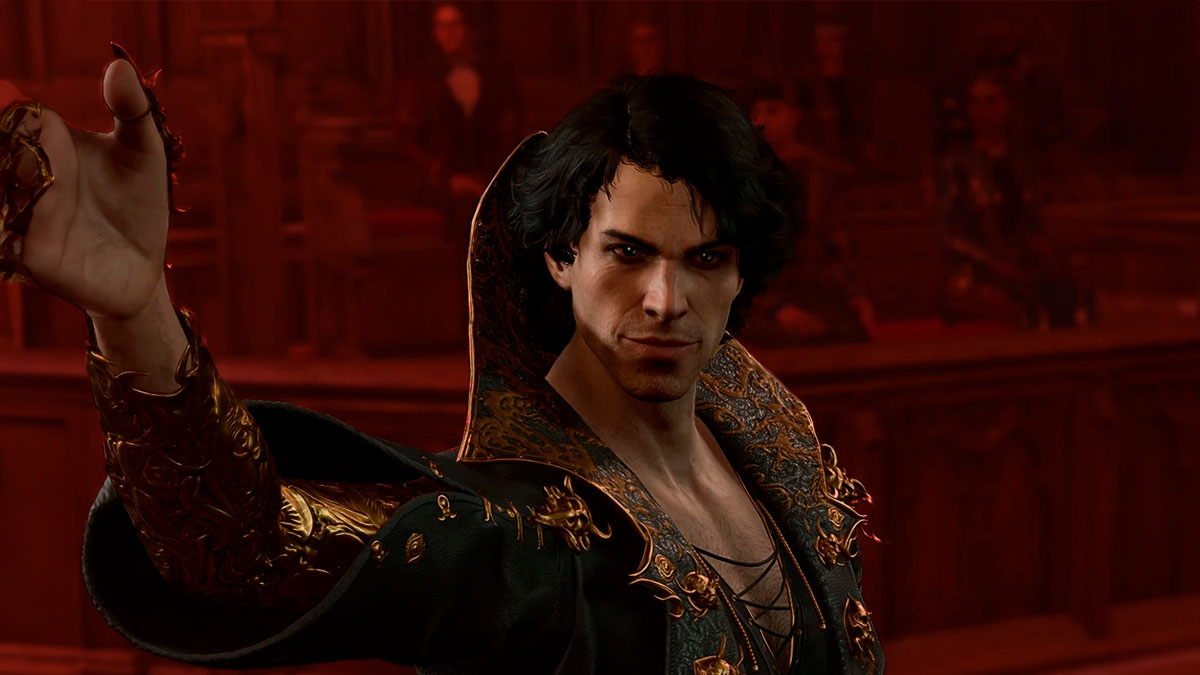
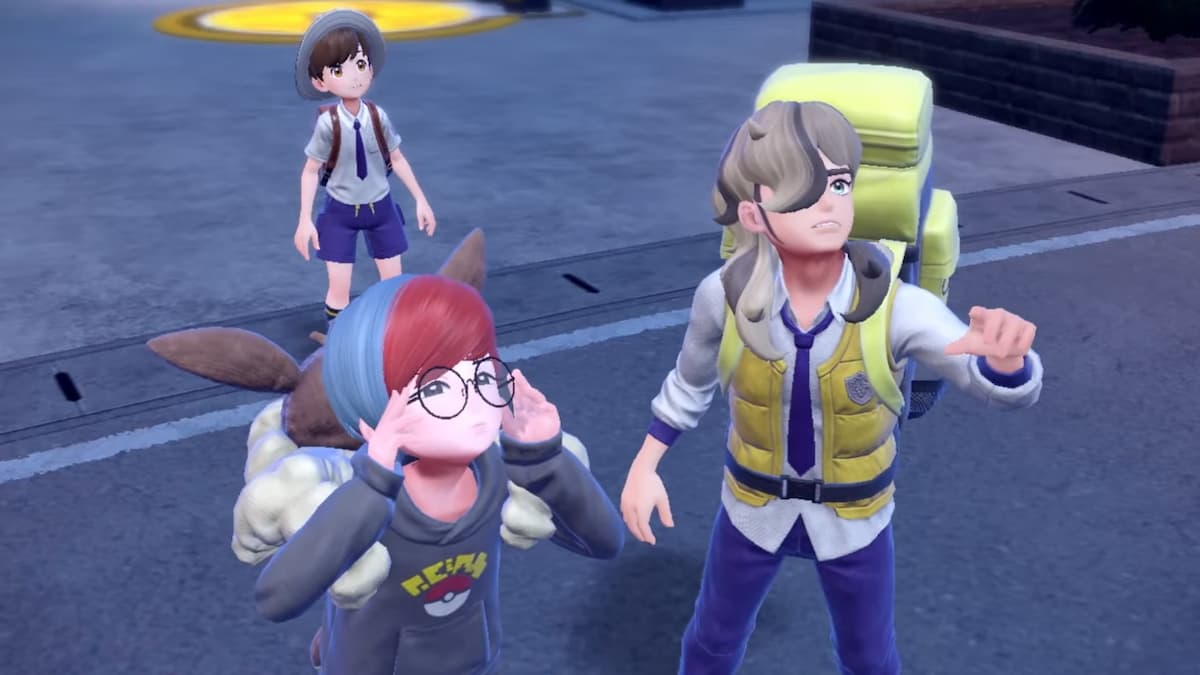
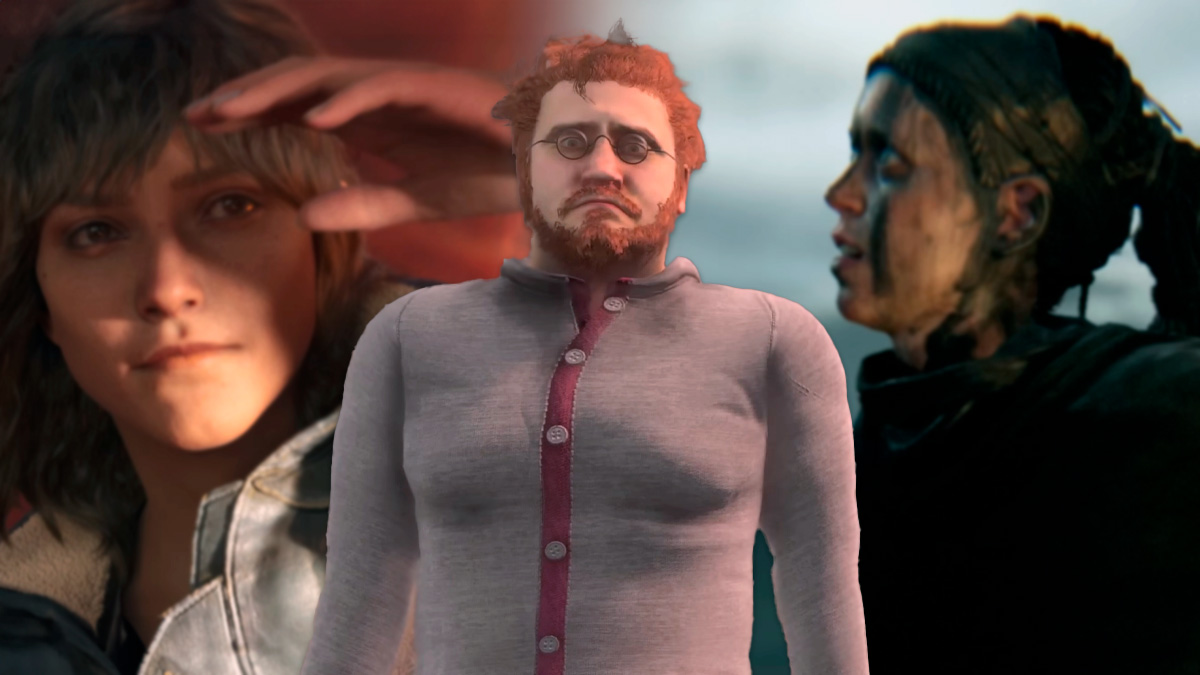
Published: Apr 12, 2023 01:45 pm